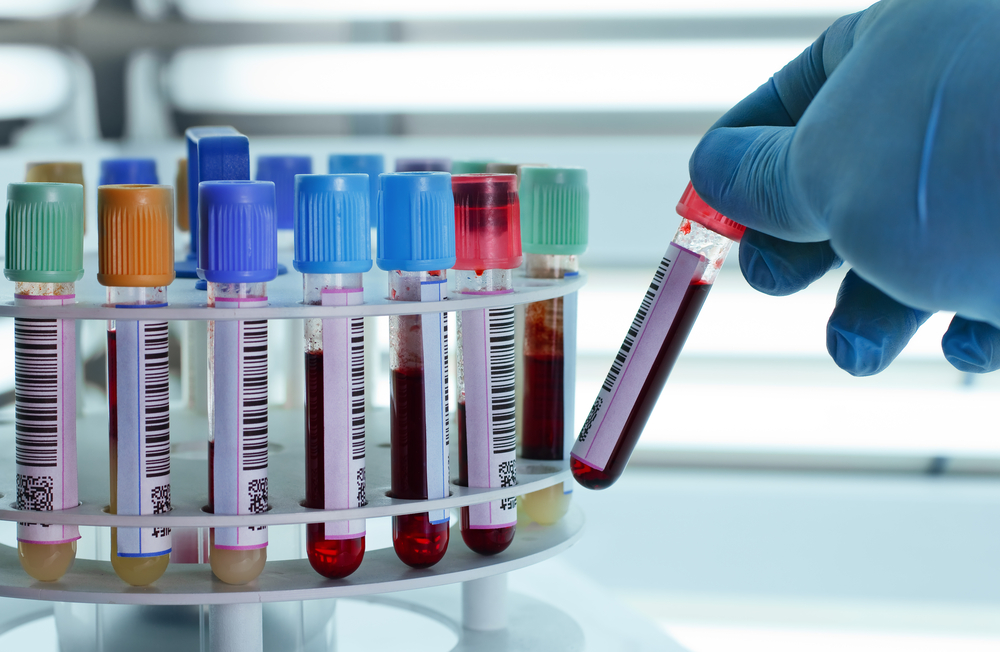
Emergent BioSolutions has constructed a new trench from where the Gaithersburg, Md.-based global life sciences company will launch the world’s next line of defense against emerging viral diseases: mobile manufacturing units that can produce hyperimmune therapeutics for known and emerging infectious diseases.
Similar to current medical, dental and other health care specialties-on-wheels only in that they’re mobile, these vehicles are profoundly different in what they’ll do, according to the civilian and military contract manufacturer of vaccines, therapeutics and devices aimed at emerging infectious diseases, biological threats and chemical hazards.
This is Emergent’s vision of medicine-making on the move: wherever an outbreak might occur, there’s an opportunity to get there and produce on-site products to stop a potential catastrophe.
“This type of manufacturing is new, pharmacy on demand,” Dr. Laura Saward, Emergent BioSolutions senior vice president and Antibody Therapeutics Business Unit Head, told Homeland Preparedness News.
Emergent BioSolutions has a 30-year history in biologics manufacturing and has developed and manufactured plasma-derived products called hyperimmunes, Saward explained, which basically are products having extra-large amounts of certain antibodies in the serum.
“On this hyperimmune platform, we have successfully developed and manufactured FDA-licensed products such as treatments for inhalation anthrax and complications from smallpox vaccination,” said Saward.
The process, she explained, relies on plasma donors who have been stimulated to have an immune response and develop antibodies to fight specific diseases. Plasma then gets collected from these donors and is used to create therapeutics that are administered to patients suffering from diseases like anthrax or smallpox.
Therapeutics such as Emergent’s antibody VIGIV, or Vaccinia Immune Globulin Intravenous, the only polyclonal antibody therapeutic licensed by the FDA to counteract certain complications from the smallpox vaccination. Although VIGIV has been sold to foreign governments, to date, the principal customer for VIGIV has been the U.S. government, specifically the Department of Health and Human Services. “We anticipate negotiating a follow-on contract for the continued supply of VIGIV” into the U.S. Strategic National Stockpile, company executives wrote in Emergent’s 2017 Annual Report.
This is the next step, Saward said, of Emergent now “taking an innovative approach to provide a therapeutic to new and emerging pathogens. The idea is to take our large-scale validated manufacturing process and scale it down so it fits in a container such as a trailer truck that can be deployed to manufacture a therapeutic in areas where there are declared outbreaks.”
The unique, much-needed concept appears brilliant in its simplicity.
“The concept is to design a unit that could be deployed where the outbreak is, collect plasma from those who have recovered from the disease, and convert plasma into finished product that is ready to administer right in the truck,” Saward said.
Fighting viruses nearest their points of origin — or viral entry, the earliest stage of infection — could help minimize the spread of an outbreak.
One of the big picture challenges associated with pandemic preparedness that this platform could help solve, in fact, “is how quickly you are able to respond to contain and stop the spread of disease and to treat those infected,” said Saward.
For instance, some of what experts learned from the 2014 Ebola outbreak was the impact of such outbreaks on the health care workers, who were needed to care for the sick but who also got ill; many also died. The devastating impact of this loss is still being felt years after the outbreak ended, Saward said.
“The goal is to design a mobile lab that can be used to protect health and infrastructure during outbreaks of Zika, MERS, Ebola or other diseases around the world,” she added.
Saward also shared information about Emergent’s new mobile manufacturing units on Monday as a speaker during the Emerging Viral Diseases and Global Preparedness Symposium held at the Apotex Centre on the Bannatyne Campus of Canada’s University of Manitoba. The symposium was part of the seminar schedule for the Department of Medical Microbiology and Infectious Diseases at the university’s Max Rady College of Medicine.
Saward provided a few details about how important this new area is overall to the company’s 2018 financial outlook.
“The mobile manufacturing platform is an exciting project that is giving Emergent the opportunity to play a formative role in the pandemic preparedness initiatives across the globe,” Saward told Homeland Preparedness News. “Emergent’s vision to enhance and protect 50 million lives by 2025 directly relates to this initiative.”
The company and several unnamed partners have been working on a strategy for rapid response manufacturing to address a variety of pathogens, she said, “and we have started to work on building this prototype, which we hope to advance by the end of this year.”
At the same time, in parallel with the design and build phase, Saward said Emergent is in discussions with potential partners on this initiative.
“Protecting public health requires a concerted effort from all sectors. Emergent has programs in partnership with governments, non-government organizations, industry, and the academia, and this mobile manufacturing unit is one opportunity to leverage these relationships,” she said.




